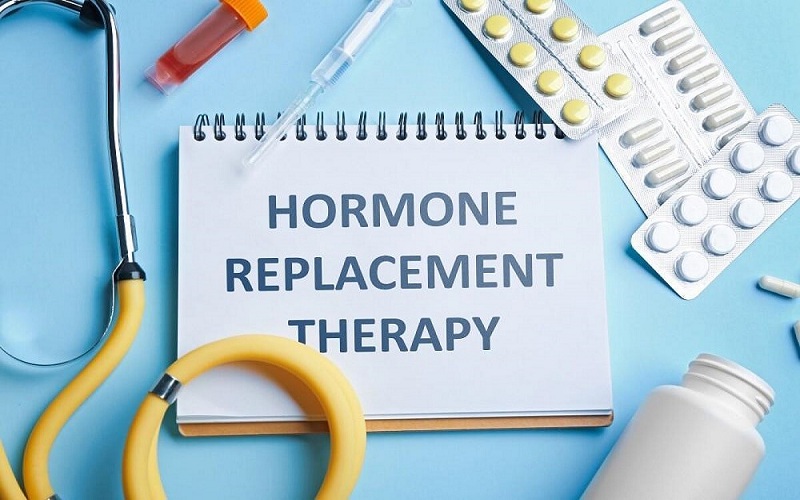Hormone therapy for men, often referred to as testosterone replacement therapy (TRT), is a medical treatment designed to address deficiencies or imbalances in testosterone levels. Testosterone is a crucial hormone that supports various bodily functions, including developing male characteristics, maintaining muscle mass bone density, and regulating libido. Testosterone levels in men naturally decline as they get old, which can lead to a range of symptoms impacting quality of life. Hormone therapy aims to alleviate these symptoms and restore testosterone levels. But how do you know if you qualify for the procedure?
Clinical Evaluation and Diagnosis
Before starting hormone therapy for men, individuals undergo a comprehensive clinical evaluation. This includes a medical history review and physical examination, which may include blood tests to measure testosterone levels. These tests help confirm the presence of low testosterone (hypogonadism) and rule out other potential causes of symptoms, ensuring that hormone therapy is appropriate. The diagnostic process also assesses overall health status, identifying any underlying conditions or factors that may impact the safety or effectiveness of hormone therapy. Healthcare providers use this information to tailor treatment plans that address specific health needs while minimizing potential risks.
Severity of Symptoms
The impact of low testosterone levels plays a crucial role in determining eligibility for hormone therapy. Symptoms such as sexual dysfunction (erectile dysfunction, decreased libido), fatigue, loss of muscle mass and strength, mood changes (irritability, depression), cognitive decline (memory problems, difficulty concentrating), and decreased bone density must significantly impair the quality of life to warrant hormone therapy. Healthcare providers assess how these symptoms affect daily functioning and overall well-being to determine the appropriateness of treatment. Individuals experiencing substantial impairments due to low testosterone-related symptoms are more likely to benefit from hormone therapy.
Health Status and Risks
Health status and potential risks associated with hormone therapy are carefully evaluated before treatment initiation. Certain health conditions, such as prostate cancer, severe heart disease, or untreated sleep apnea, may influence eligibility. These conditions can pose risks or require specific management strategies when considering hormone therapy. Healthcare providers assess individual health histories, conduct necessary screenings, and evaluate current medications to determine if hormone therapy is safe and suitable. Personalized evaluations help minimize potential adverse effects and optimize treatment outcomes based on individual health needs and risks.
Age Considerations
Age-related changes in testosterone levels are common, but not all older men require hormone therapy. Eligibility criteria consider how age-related hormonal changes impact symptoms and overall health. Healthcare providers consider the potential benefits versus risks of hormone therapy based on age-related factors, such as significant symptoms affecting the quality of life and the individual’s overall health status. Age-related considerations ensure that treatment decisions are tailored to meet the specific needs and health goals of each individual, promoting safe and effective management of low testosterone levels.
Final Thoughts
Hormone therapy for men can significantly improve quality of life by addressing symptoms associated with low testosterone levels. However, individuals need to undergo thorough evaluation and diagnosis by qualified healthcare professionals to determine eligibility for treatment. Recognizing signs of hormone deficiency, such as sexual dysfunction, fatigue, muscle loss, mood changes, cognitive decline, and decreased bone density, can prompt individuals to seek medical advice and explore treatment options.


